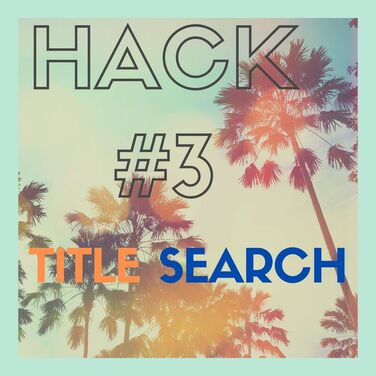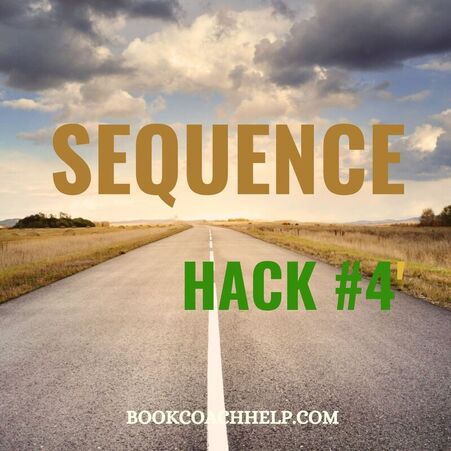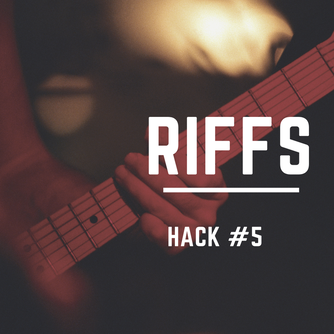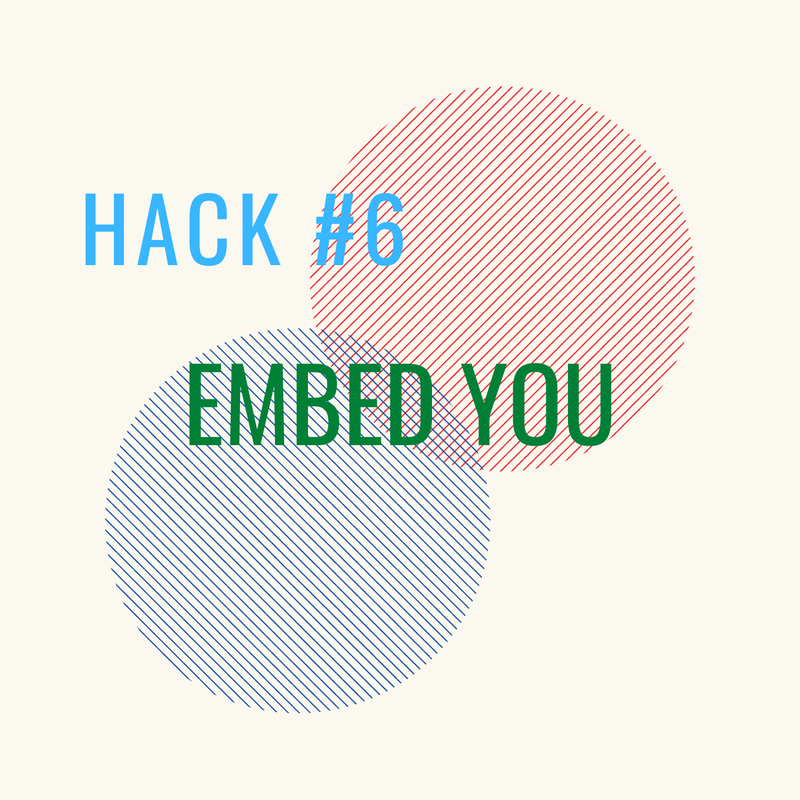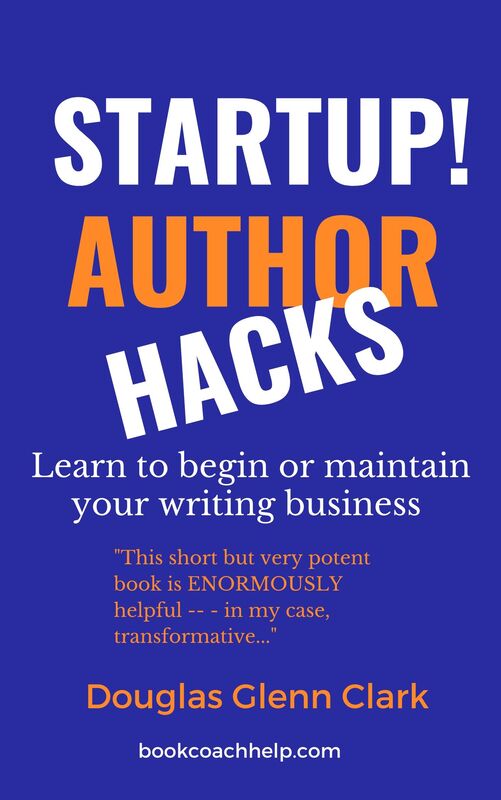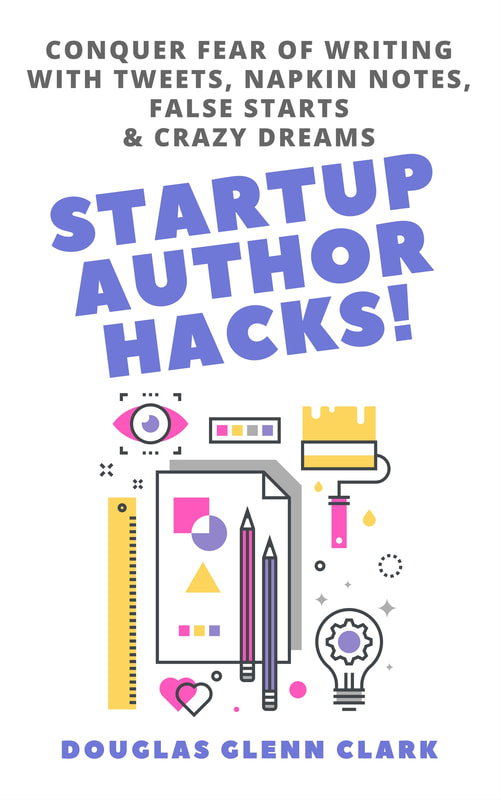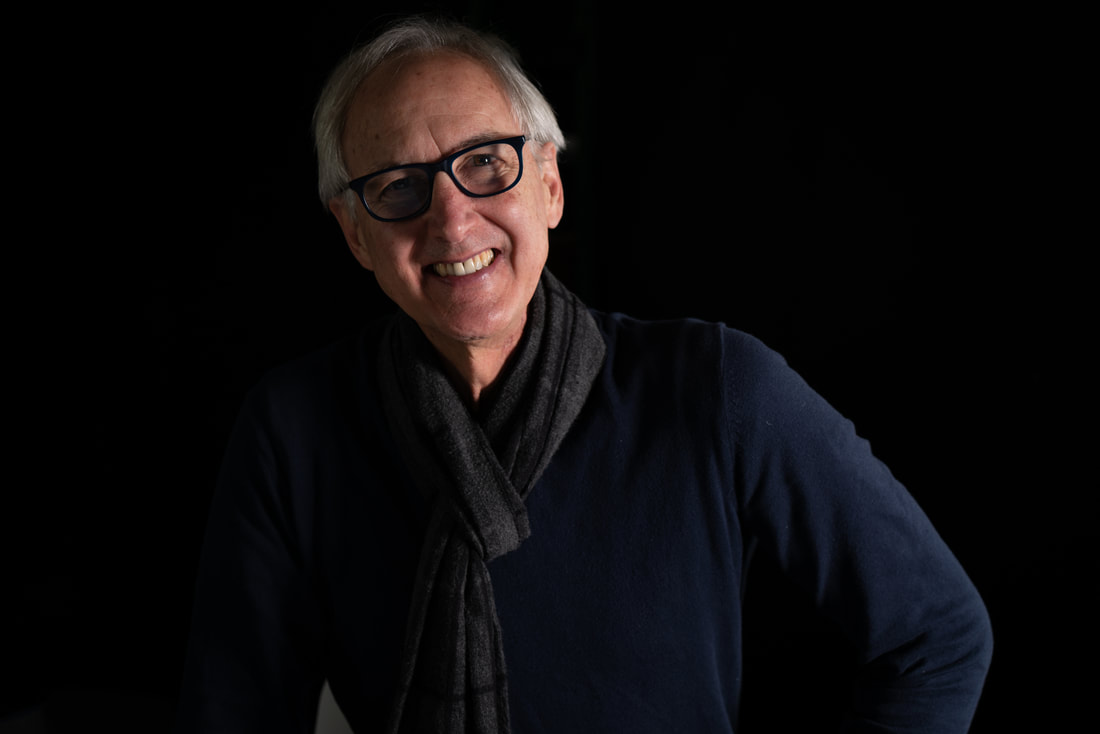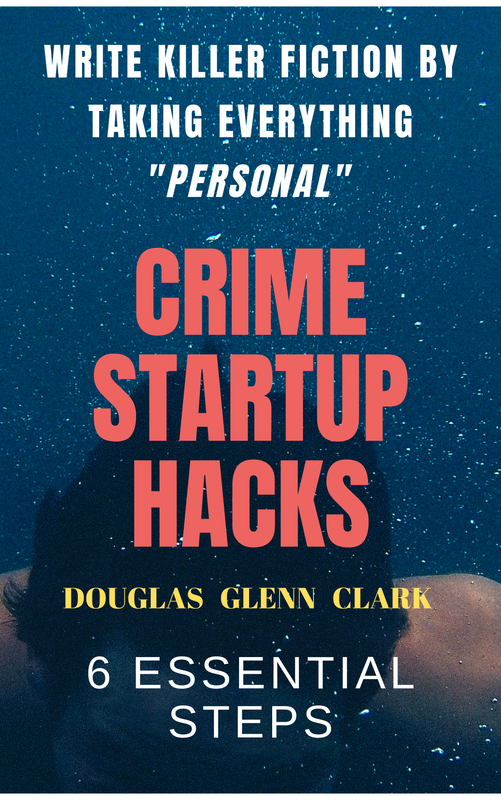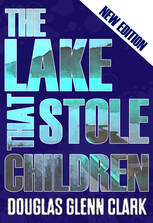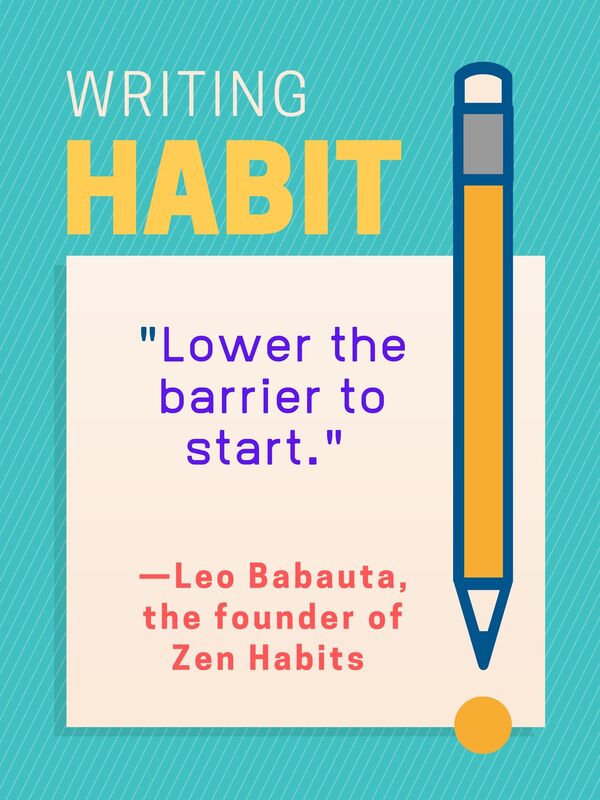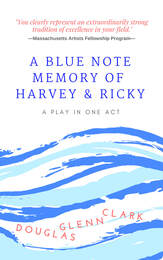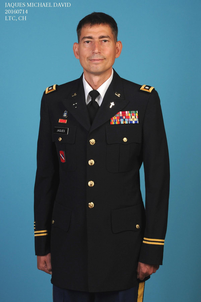 What do you do with a Masters degree dissertation after you have earned your credential? Some authors might allow it to be published in an academic journal that offers no payment nor chance of a broad readership. Army Chaplain Lt. Col. Michael Jaques wrote an informative, well-researched dissertation that won praise and improved his credential. But he saw value in the material — a power that might reach general readers. He may not have known it at the time, but he embraced followed the basic steps of a Startup Author to reshape and re-imagined how his good work might be shared. The result is A Chaplain's Battle: Transcending Powerlessness in an Explosive World now available at Amazon. By creating fictional characters to express important ideas, Jaques made his material more accessible. His new book is absorbing, entertaining in the way that drama can grab attention, and the type of book you'll read more than once. The 6 Startup hacks, or writing tips, apparent in his work have been shared on my Linkedin page where you'll find more instruction. I share them below and hope you'll take them to heart if you have material that might be reworked and published. As a book coach, I urge you to find that dissertation of yours buried in saved files. Find other articles you may have published in trade magazines or other publications in your field. Value them, because they may have more power than you realize -- if you'll only share them as nonfiction, fiction or memoir. 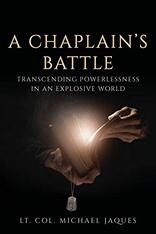 Are you feeling POWERLESS? A Chaplain's Battle could not be more appropriate for this Pandemic Age. Army Chaplain Michael D. Jaques tells the story of a young chaplain confronted by war, domestic unrest and loss of love and how his mentor teaches him to transcend the moment. This book is not about Christianity or religion. It speaks to people of all faiths and cultures who feel overwhelmed. Also, Jaques does not preach. Rather, he is candid about the paralyzing challenges he and others have faced while serving overseas and stateside too. The stories and lessons herein can be put to use now and in the months and years to come, when new challenges confront us. The author did not write this book anticipating coronavirus, nor did he predict that active shooter events would multiply at an alarming rate in American. No, he drew from his own experiences, and the universal experience of powerlessness. Military families will welcome and savor this book, because they know it is not only the soldier who suffers, but his or her family as well. A Chaplain's Battle will also be meaningful to teachers, physicians and therapists, autoworkers, artists and parents at all stages of raising children. Every professional person experiences powerlessness at some point. It is not a "religious" event so much as a common and distressing aspect of the human condition.
2 Comments
The writing help you wish for need not be expensive. You may have skills you have not yet explored. These days, personal accounts and real voices -- even unpolished -- can have an impact. You may be the only author who can tell your story. What you will need, though, is a method. Many talented people falter because they surrender to the idea that they are not adequate or they didn't go to college or English was not their prime high school class. Let me provide a method. It may help you to replace the word "writer" with the word "narrator." You've read many books and seen movies that are driven by a singular voice. (The Shawshank Redemption is my favorite, kudos to Morgan Freeman.) Not necessarily an expert. But a voice that is confessional or blunt or vulnerable. What moves you about the books, movies and podcasts you enjoy? In some cases, you may need the information these media provide. Or maybe you need the emotional support that the frank voices of others can give you. I'm not saying "learn to write," because that sounds difficult. I'm saying, learn to speak your basic truths. If you can talk, then you can create a book or web copy or a stage play or screenplay. Can you talk, and confess, and encourage? Then you can be a writer. And then maybe a book coach can help move you further down the road. If you don't like to write, or believe you can't write, then talk into your smart phone. Use the recording function to capture your thoughts. Speak freely. Get a record of what is going on in your heart and mind. Do it daily. Send the recording to a transcription service, about $1 per minute, and they will send you a Word document of your comments. Now you have first-draft copy to work with. Begin organizing your thoughts. See a beginning, middle and end to one strong thought that you deeply believe in. Yes, speak your mind and heart. Speak with conviction and do not worry about approval. In the beginning, your thoughts are your own. You can refine later. Get it down, so that you have something to work with. Sloppy words on the page are better than idle thoughts and the wish to have a book. Words on a page are reality, whereas all the doubts, fantasies and worries are bad dreams. They are not real, though they are powerful and may stop you from speaking your truth. Get comfortable with video. No, don't hire "professionals" -- yet. Get out your smart phone and speak. Content is not a sophisticated technique. It is honesty.
Video is obviously growing in popularity with platforms like Zoom allowing groups and individuals to speak their minds. But why not start small with your phone or the video function on your laptop? My goal is to get you talking, expressing, without self-editing. Not yet anyway. you can do that later, after you have some raw content to work with. You must launch now. Regardless of what you "think" you may lack. I say you lack nothing but confidence. And that can be won -- if you sit down and start up! |
Startup Archives
April 2020
Categories |


